
Christians, you might have noticed, have their own unique way of talking that can seem like a completely different language. To help you translate, the Babylon Bee has compiled this handy updated guide to Christian phrases:
Read More
Christians, you might have noticed, have their own unique way of talking that can seem like a completely different language. To help you translate, the Babylon Bee has compiled this handy updated guide to Christian phrases:
Read More
| Picture of the day |
|---|

|
|
Male lion (Panthera leo) in Maasai Mara National Park. The Leo astrological sign ends at this time of year.
|

LOS ANGELOS, CA — Following President Trump’s recent cancellation of Kamala Harris’ Secret Service protection, the former Vice-President was seen fleeing dozens of international assassins.
Read More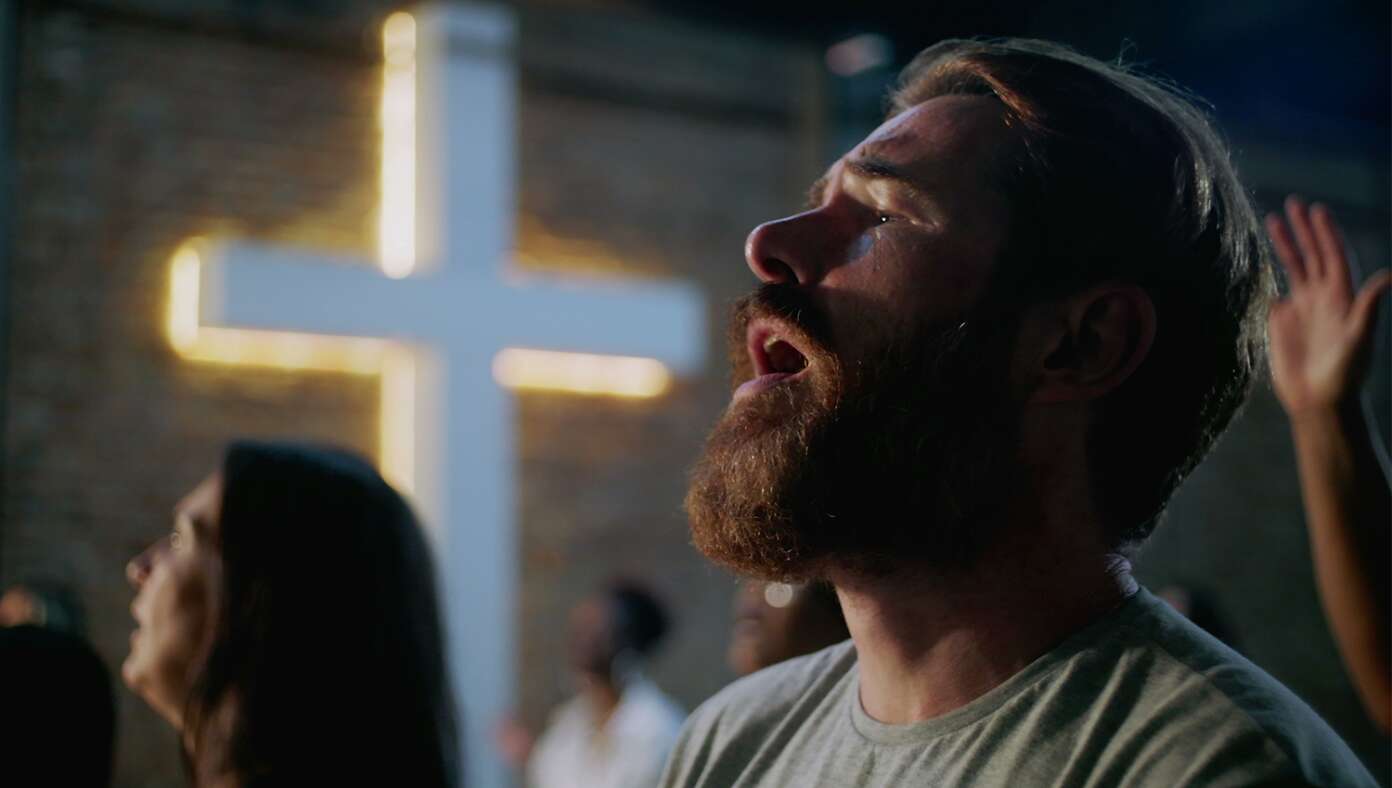
TOMBALL, TX — A sudden, inexplicable wave of allergies struck the men of Redeemer Church this morning during the singing of "Old Rugged Cross".
Read More


In the sparsely populated Kimberley region of Western Australia, jagged landforms reach like fingers into the turquoise-blue ocean waters. Along the coastline north of Derby, they used to reach even farther. But rising sea levels submerged part of the coastal landscape, giving rise to hundreds of islands and low-lying reefs that compose the Buccaneer Archipelago.
Read More
If you have a crushing burden of debt weighing down your life, you need to get out fast. But how?
Read More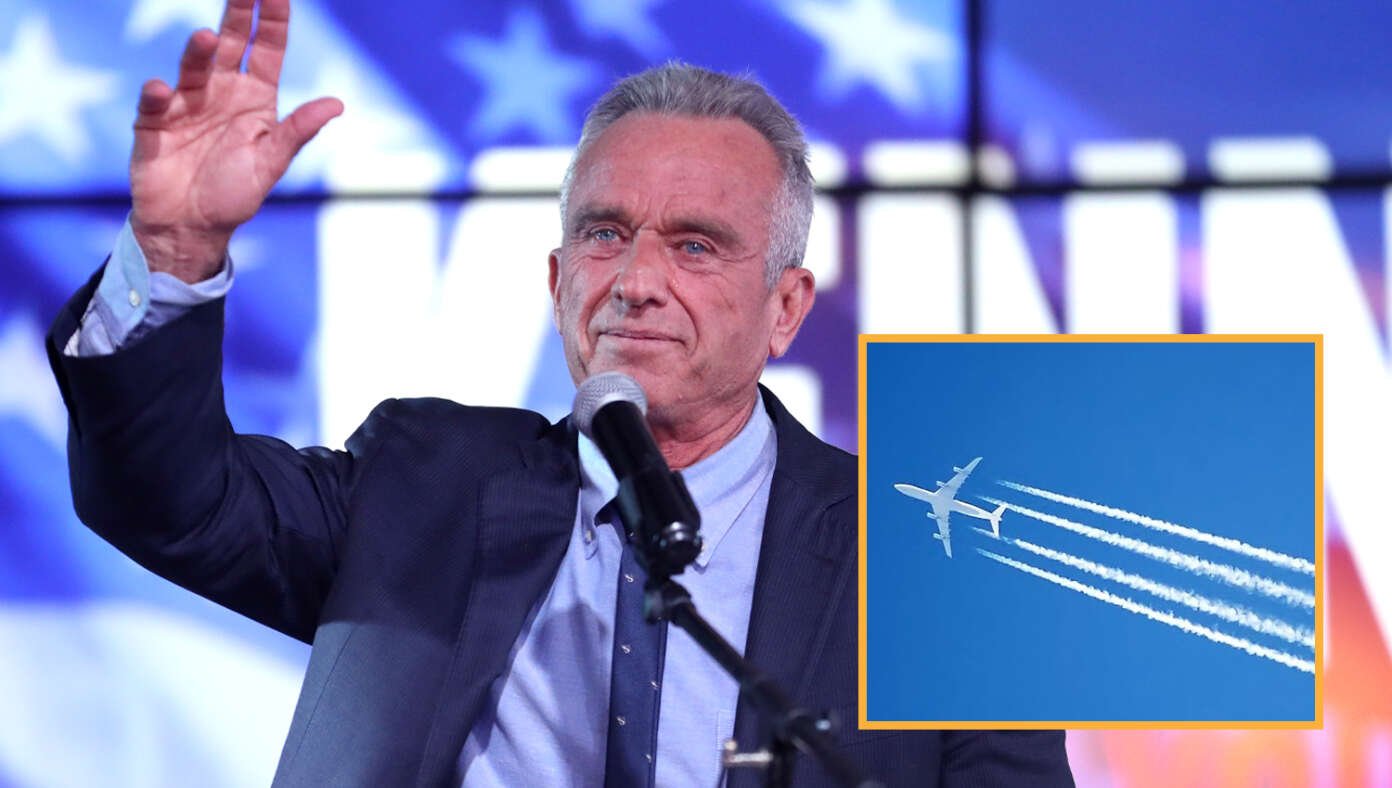
U.S. — Health Secretary RFK Jr promised to make Americans healthier by ordering a thorough review of airline chemtrails to ensure that they don’t contain any seed oils.
Read More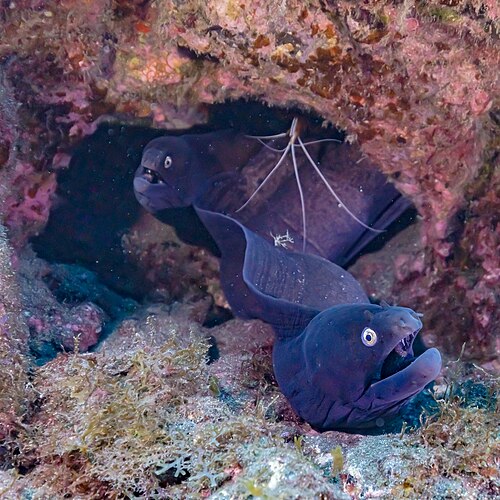


NASA astronaut Zena Cardman poses for a portrait in a photography studio at NASA’s Johnson Space Center in Houston, Texas.
Read More
SCOTLAND — According to reports, the homeland of William Wallace has shifted away from charging into certain death in the name of freedom to just letting their teenage daughters handle the violent rape gangs.
Read More
As the male staff of the Babylon Bee wiped away tears after seeing the engagement photos, we couldn’t help being overcome by all the ways Taylor Swift and Travis Kelce point us to Christ. Here are just ten of them:
Read More

WASHINGTON, DC — President Donald Trump announced this week his administration plans on nationalizing as many private businesses and companies as possible in order to fight socialism.
Read More
LEAWOOD, KS — Football star Travis Kelce will reportedly write his own vows for his upcoming wedding to American pop star Taylor Swift just as soon as he learns how to spell "psyched".
Read More
| Picture of the day |
|---|

|
|
Flower buds of a Agapanthus praecox Snow White. A pure white dwarf, 45 cm. Focus stack of 50 photos.
|
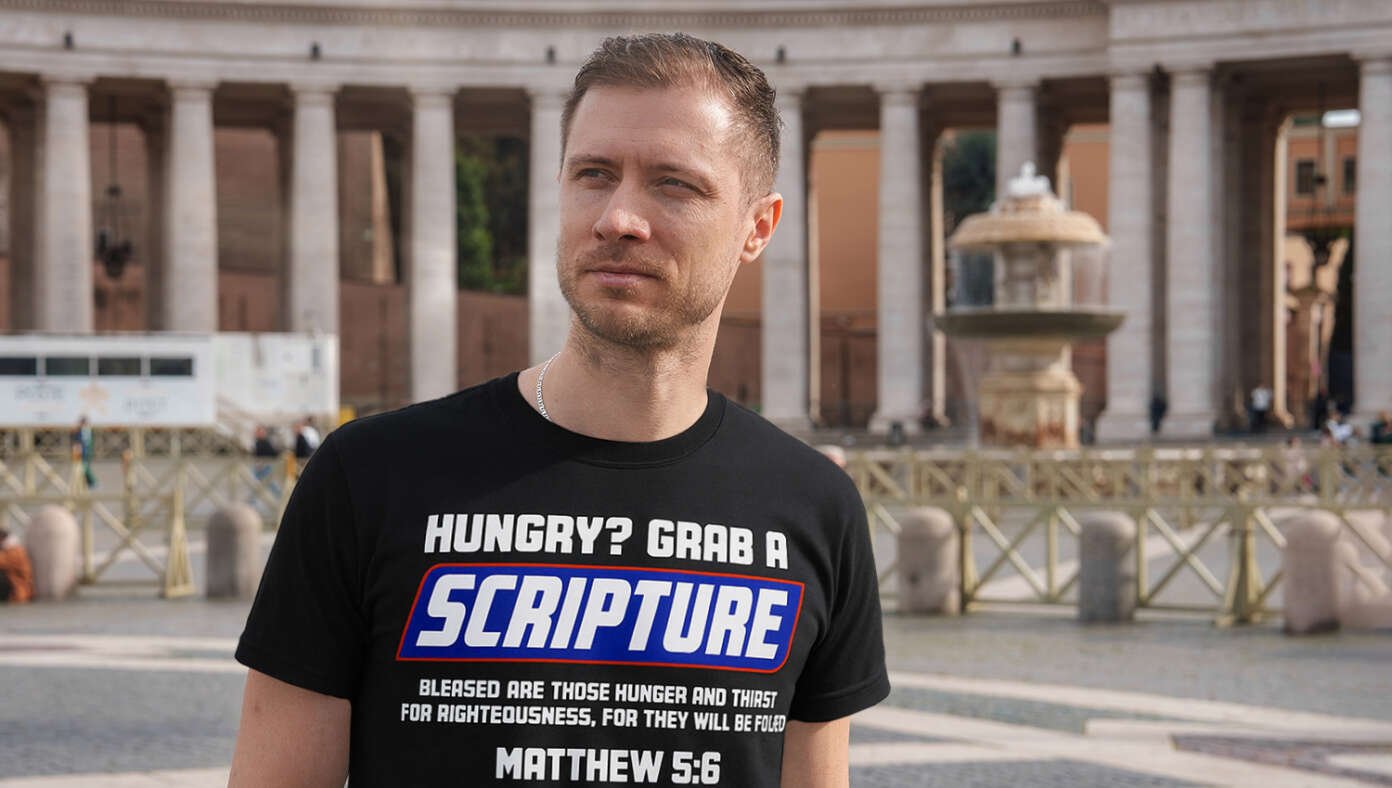
COSTA MESA, CA — A local Christian man was confident that he was likely the cause of periodical resounding celebrations in Heaven, as he proudly fulfilled the Great Commission by occasionally wearing novelty Christian T-shirts in public.
Read More
New York City mayoral candidate Zohran Mamdani’s viral bench press exhibition has gotten everyone talking about the importance of fitness — no matter what your political affiliation may be. But are there exercises even liberals can do?
Read More

NASA’s X-59 quiet supersonic research aircraft sits on the ramp at sunrise before ground tests at Lockheed Martin’s Skunk Works facility in Palmdale, California, on July 18, 2025. The X-59 is the centerpiece of NASA’s Quesst mission to demonstrate quiet supersonic flight.
Read More
WASHINGTON, D.C. — As part of the administration’s ongoing effort to remove illegal immigrants, President Trump has ordered the visa status reviewed of anyone with one of those weird "squiggly line n’s" in their name.
Read More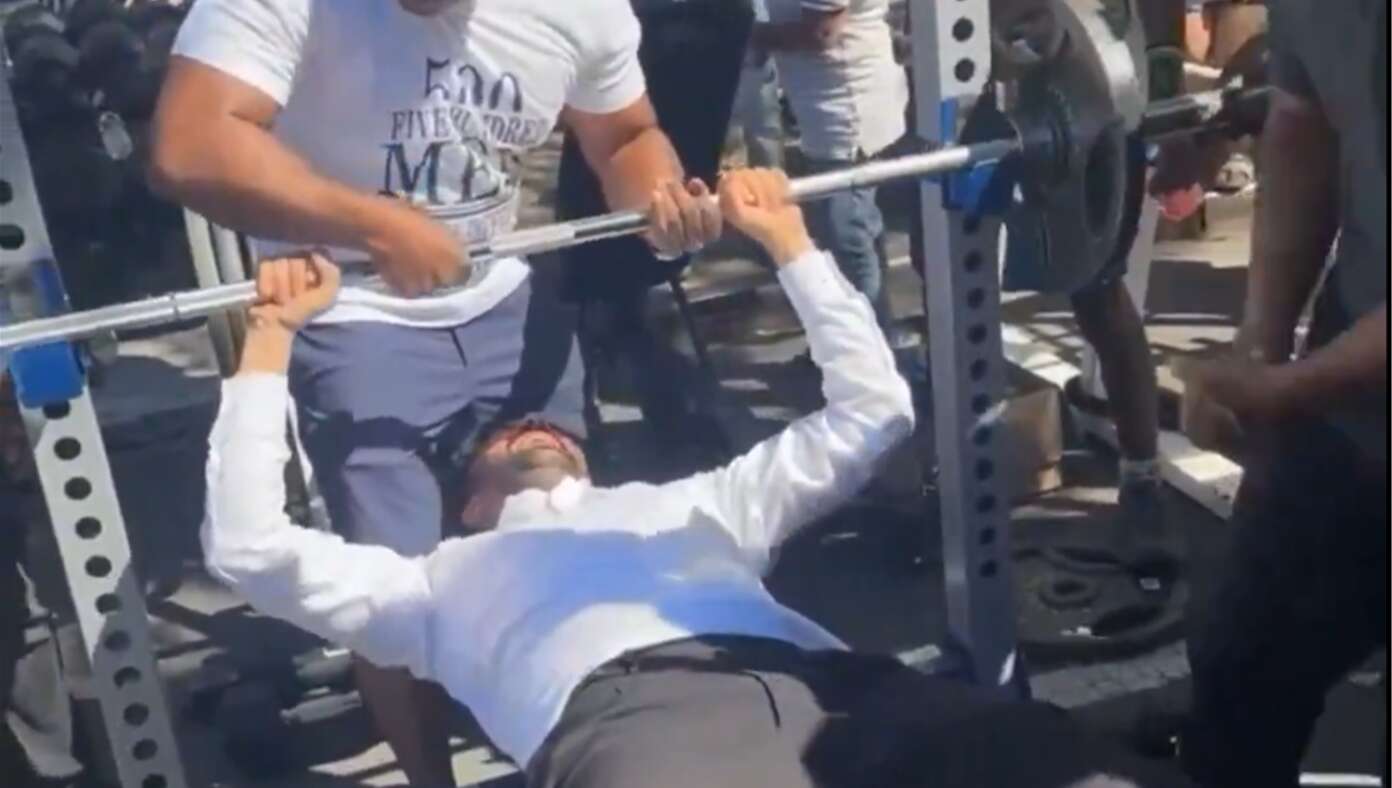
NEW YORK CITY — New York City has moved to adopt a new system whereby the mayorship will be awarded to the first candidate who can bench press the bar.
Read More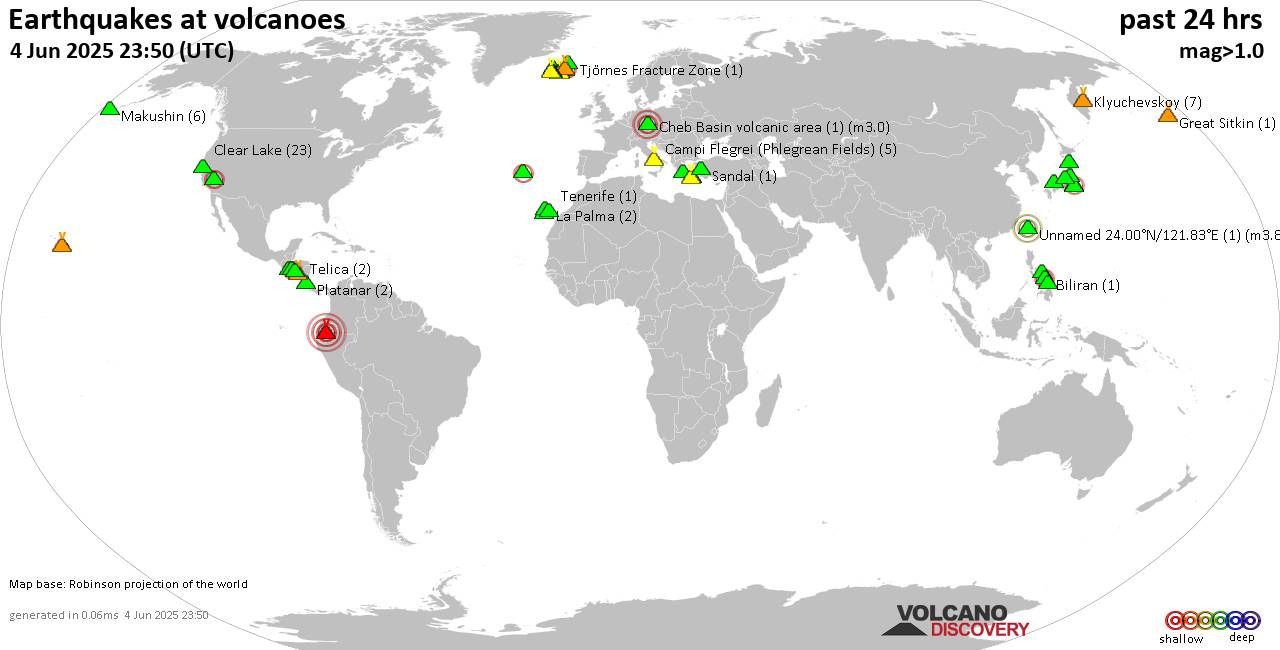
| Picture of the day |
|---|

|
|
Eruption of Strokkur (Icelandic for “churn”) a fountain geyser located in the Haukadalur geothermal area, southwest of Iceland.
|


NASA astronauts Christina Koch, Artemis II mission specialist, and Victor Glover, Artemis II pilot, walk on the crew access arm of the mobile launcher in the Vehicle Assembly Building at NASA’s Kennedy Space Center in Florida on Tuesday, Aug. 12, 2025.
Read More
TUCSON, AZ — Local husband Ryan Masterson denied having consumed any radioactive Walmart shrimp, though his wife had her doubts due to his entire body emitting a soft neon green glow.
Read More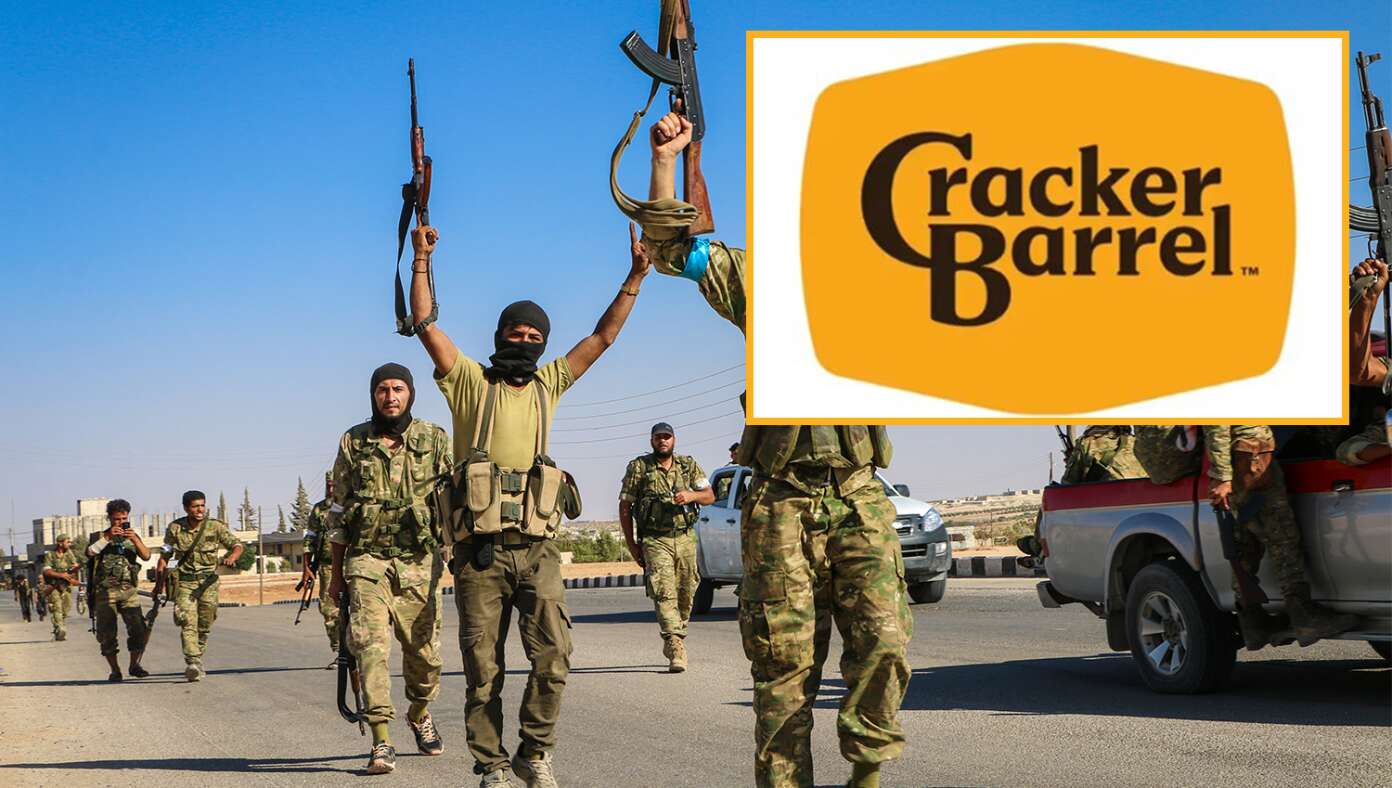
KABUL — In a newly released video, the terrorist group Al-Qaeda has claimed responsibility for the changing of the Cracker Barrel logo.
Read More


The parachute of the Enhancing Parachutes by Instrumenting the Canopy test experiment deploys following an air launch from an Alta X drone on June 4, 2025, at NASA’s Armstrong Flight Research Center in Edwards, California.
Read More
BRISTOL, CT — ESPN hosts reminded the nation Friday that watching women’s basketball games is a mandatory activity strictly enforced by the governing authorities.
Read More
The Maryland home of former National Security Advisor John Bolton was raided by government agents today, leaving the public wondering what the FBI was looking for — and what they found.
Read More


California’s San Francisco Bay Area surrounded by the cities of San Francisco, Oakland, and San Jose, and their suburbs, is pictured from the International Space Station as it orbited 260 miles above the Golden State on Aug. 3, 2025.
Read More
RIVERDALE, UT — A tragic scene ensued last night, as an introvert bit down on a cyanide capsule at his own birthday dinner as soon as the waiters started singing "Happy Birthday" to him.
Read More
WASHINGTON, D.C. — As part of his comprehensive overhaul of America’s national museums, President Donald Trump ordered the Smithsonian to display an exhibit of the now-defunct Cracker Barrel logo.
Read More
| Picture of the day |
|---|
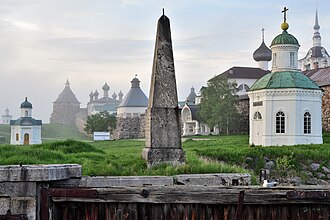
|
|
Ensemble of the Solovetsky Monastery in the fog on a summer evening. Arkhangelsk Oblast, Russia
|


Viking 1 was launched by a Titan-Centaur rocket from Complex 41 at Cape Canaveral Air Force Station at 5:22 p.m. EDT on Aug. 20, 1975, to begin a half-billion mile, 11-month journey through space to explore Mars. The 4-ton spacecraft went into orbit around the red planet in mid-1976 and landed on Mars on July 20, 1976.
Read More
With President Donald Trump making election reform a priority, cleaning up the process and determining qualifications for voting are important. Who should vote, and how can it be determined?
Read More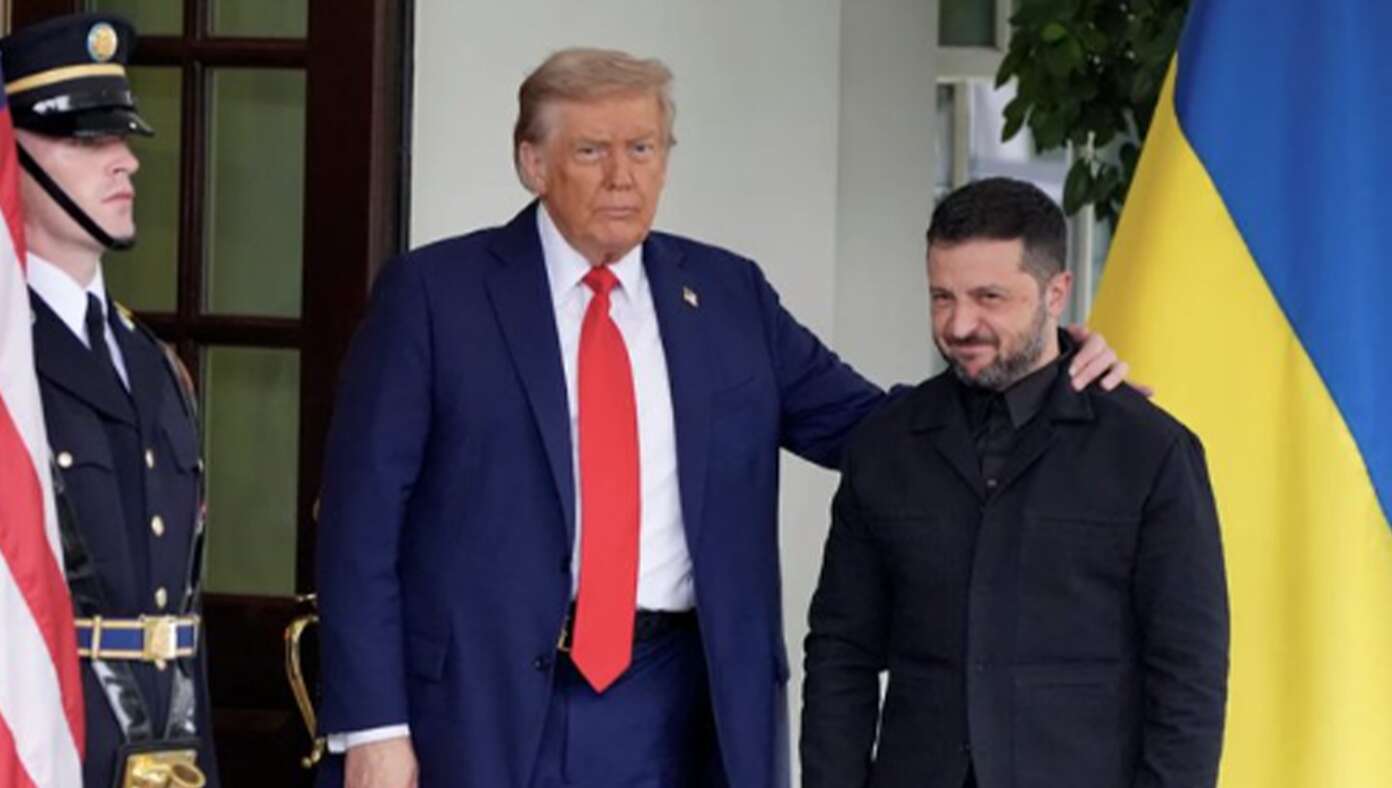
OSLO — The Nobel Committee has officially announced that President Trump will be awarded the prestigious Peace Prize for getting Volodymyr Zelenskyy to actually wear a suit.
Read More
| Picture of the day |
|---|

|
|
Common yellow gilder (Cymothoe egesta), Kakum National Park, Ghana. Feeding on overripe banana
|


The Moon’s light is refracted by Earth’s atmosphere, giving it a spheroid shape in this April 13, 2025, photograph from the International Space Station as it orbited into a sunset 264 miles above the border between Bolivia and Brazil in South America.
Read More
LITTLE ROCK, AR — According to sources, a local church’s kids ministry spells "kids" with a "z" instead of an "s" at the end, a sure sign that this kids ministry is absolutely lit.
Read More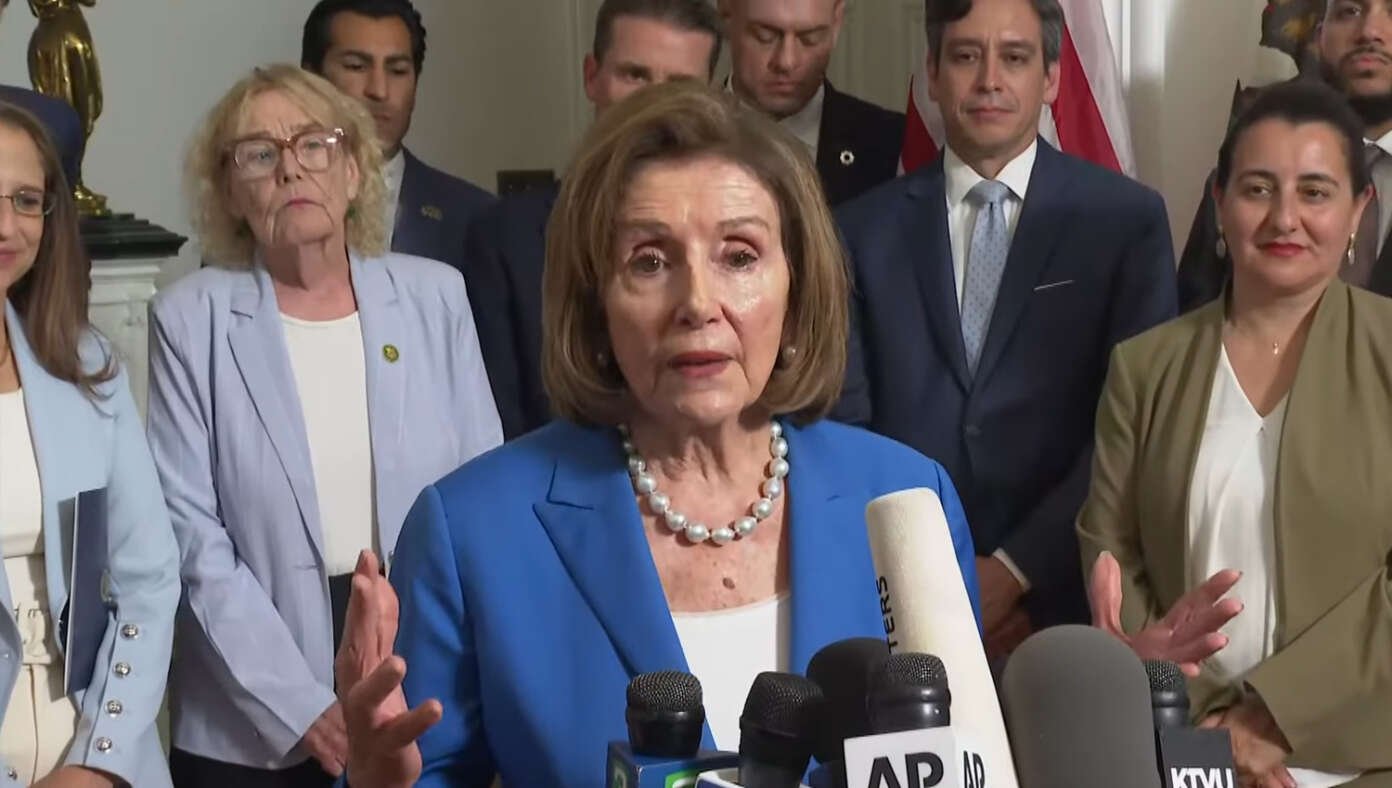
WASHINGTON, D.C. — As President Donald Trump continues to hint at taking action to require in-person voting in U.S. elections, Democratic leaders warned that a mail-in ballot ban would place undue hardship on dead voters.
Read More
| Picture of the day |
|---|

|
|
West side of Hochosterwitz Castle, municipality of Sankt Georgen am Längsee, Carinthia, Austria
|

TOPEKA, KS — Local man Chris Hampton remained terribly confused about the meaning of a Bible verse despite the Biblical author having written "Let the reader understand."
Read More
U.S. — Samsung has released a new phone designed specifically for introverts which has no call function whatsoever.
Read More
| Picture of the day |
|---|
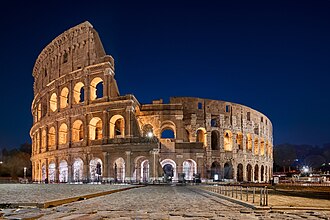
|
|
The Colosseum was built between 72 and 80 AD and is the largest amphitheatre ever built. It is the symbol of the Italian capital Rome.
|
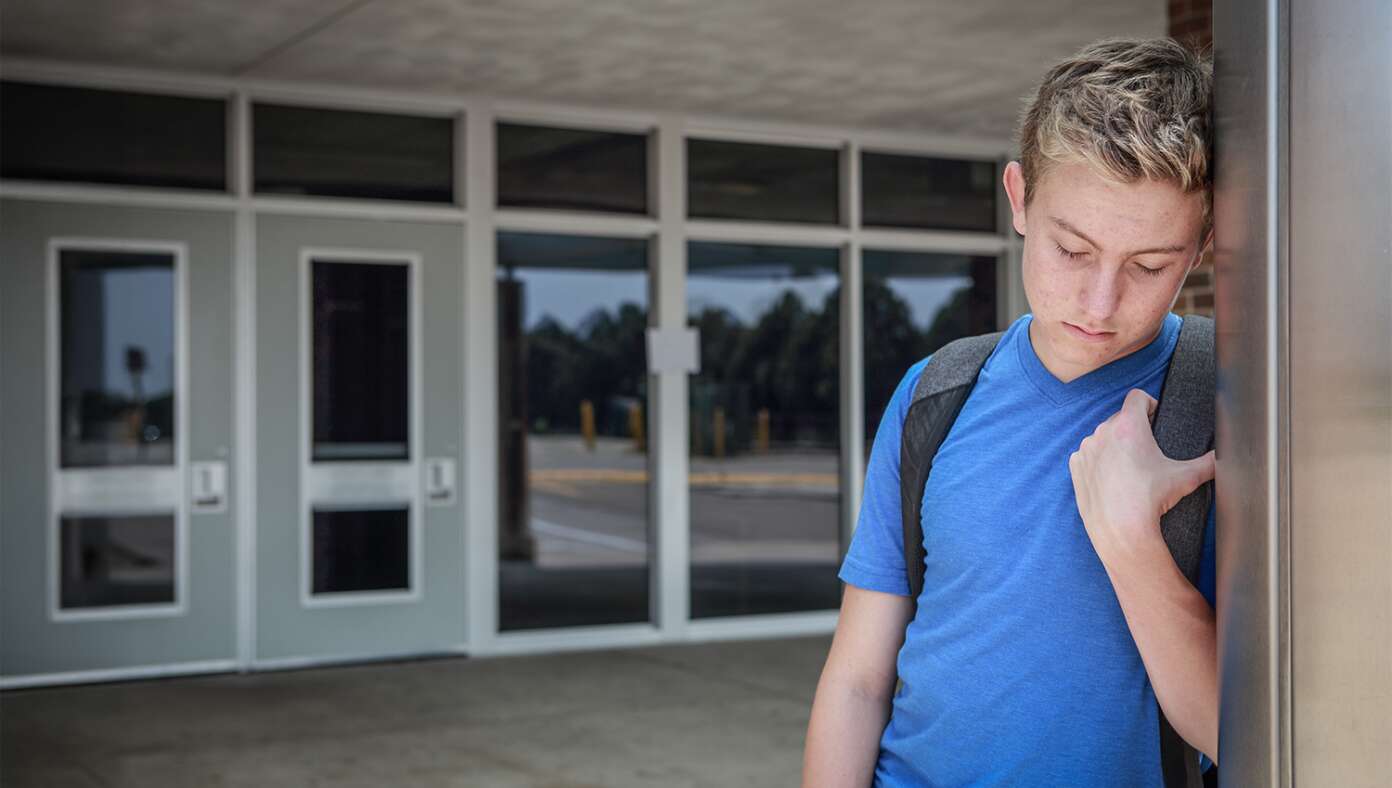
SAN DIMAS, CA-Local high school freshman Pete Slater expressed disappointment this week as he was unable to locate an affable, slightly goth loner who could show him around the school cafeteria and point out where various social groups sit.
Read More
KYIV — Ukraine government officials sounded the alarm today after President Trump emerged from his meeting with Putin sporting a beautiful Soviet ushanka.
Read More
